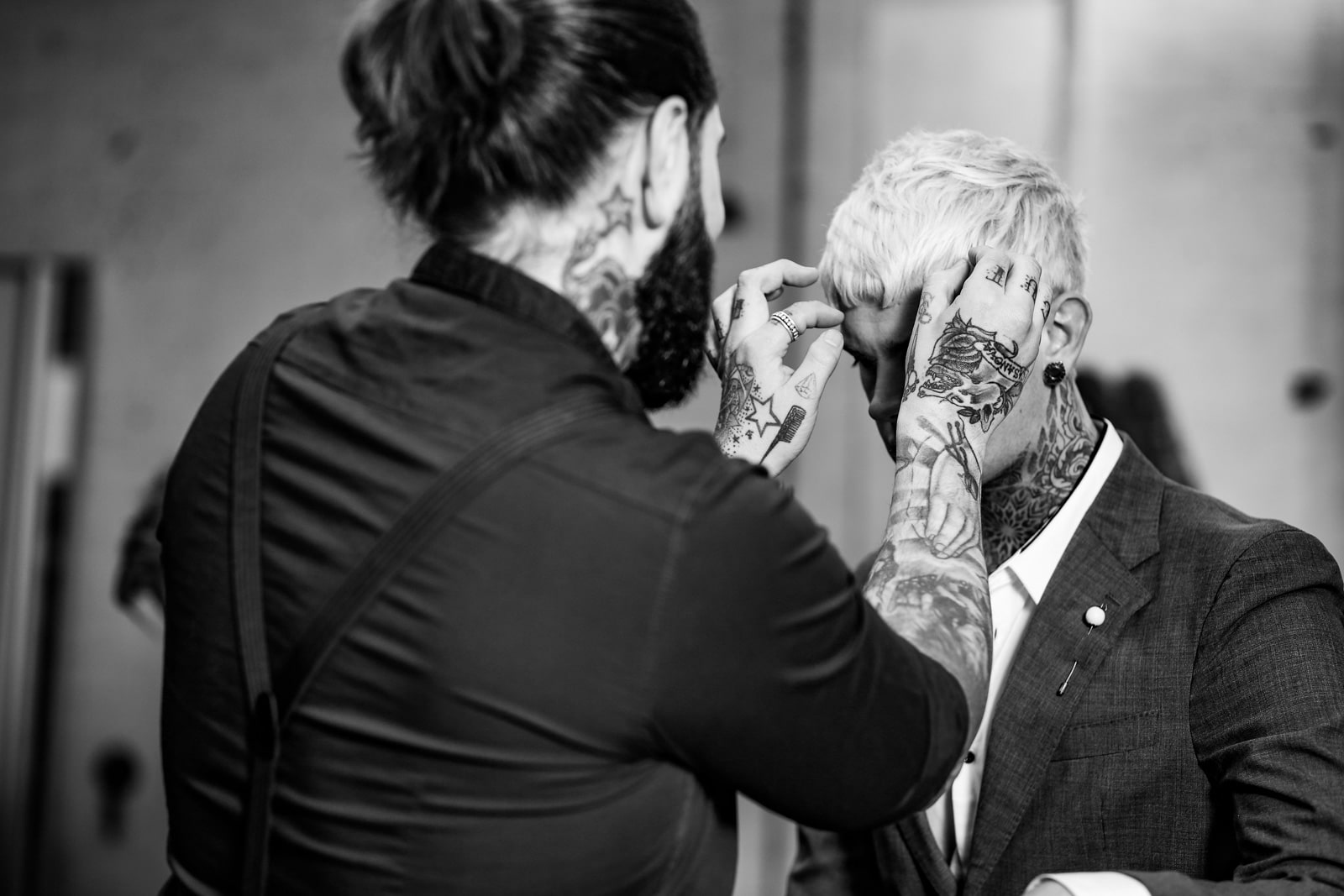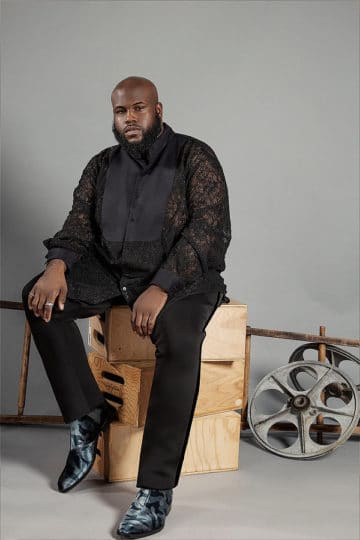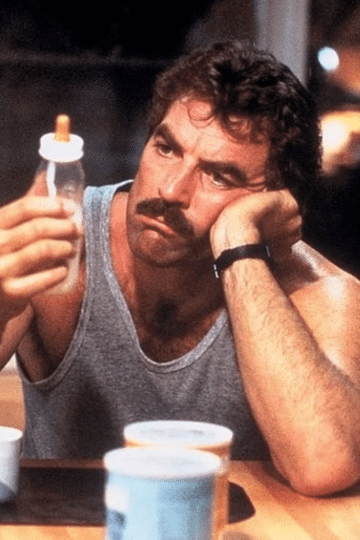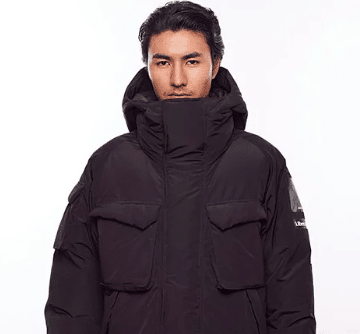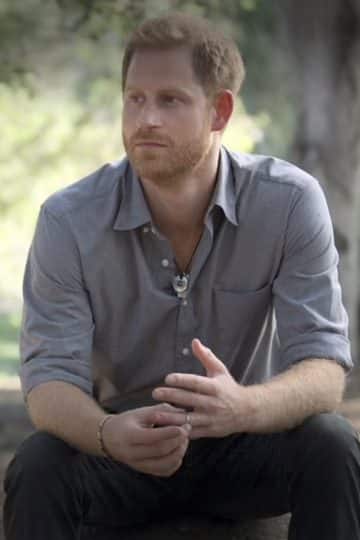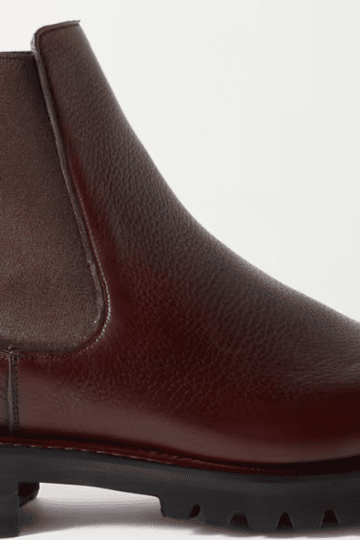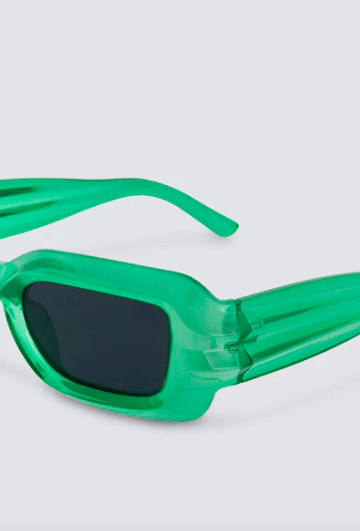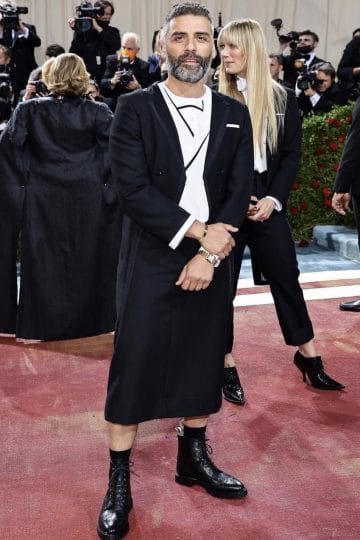Cutting hair and saving lives
Style
An interview with Tom Chapman, founder of the Lions Barber Collective which is turning barbershops into safe spaces for men to have conversations about mental health.
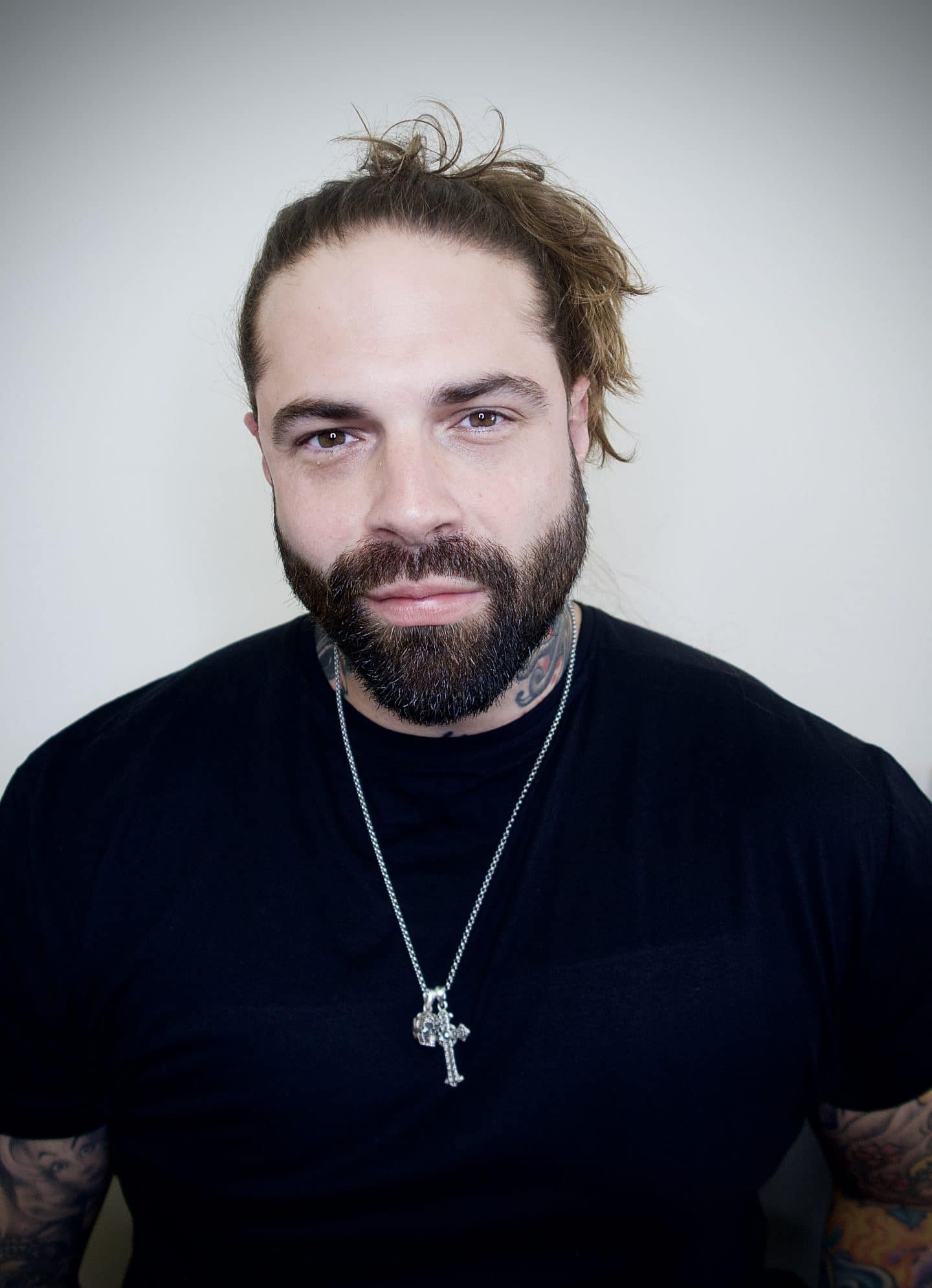
Can you give us an overview of the Lions Barber Collective?
It started in 2015 after I lost a friend to suicide in 2014. I was completely unaware he was struggling. When I first started it was supposed to be a one-off project where I gathered a group of barbers to raise some money – and someone mentioned doing it for a suicide prevention charity, which I didn’t even know existed. It was the moment when I saw that this was the area where awareness needed raising. I realised very quickly that as people’s barbers and hairdressers we are confidantes. People talk to us and we have to listen – it’s part of our skillset to understand what people want. And then I realised how much more effective could it be if we could train the hairdressers and barbers – so that’s when I decided to create ‘Barber Talk’ which is the bespoke training for the hair industry enabling barbers and hairdressers to be able to recognise the signs, ask the right questions with empathy, and give them the knowledge so they can signpost people to the places and resources available.
I worked alongside psychiatrists and people from Public Health England helped make sure all the content was correct and it went from there. We had the first Barber Talk Live in 2018. We did it online, Barber Talk Light, where anyone can do it around the world, and have done as far away as Hawaii and Kenya.
During lockdown we teamed up with the NHS Mental Health Clinical Network and Health Education England so we could redevelop the training to deliver it online via Zoom. Which meant we trained up an extra 100 barbers and hairdressers before they went back to work, to prepare them for the conversations they’re all going to be having in this post-Covid world.
The other thing we do is raising awareness – we do that through public speaking but what we really like to do are pop-up barbershops. So we’ll go to places mostly where there’s a big group of men. Sporting events, areas that are emotionally charged. Live sport, live music, but also things like universities workplaces and we’ve just got a deal with Network Rail and doing a trial where we pop-ups on the platform. 85% of the suicides on train tracks are men, so it’s a really big problem.
It’s trying to look at things that are more proactive and preventative than reactive.
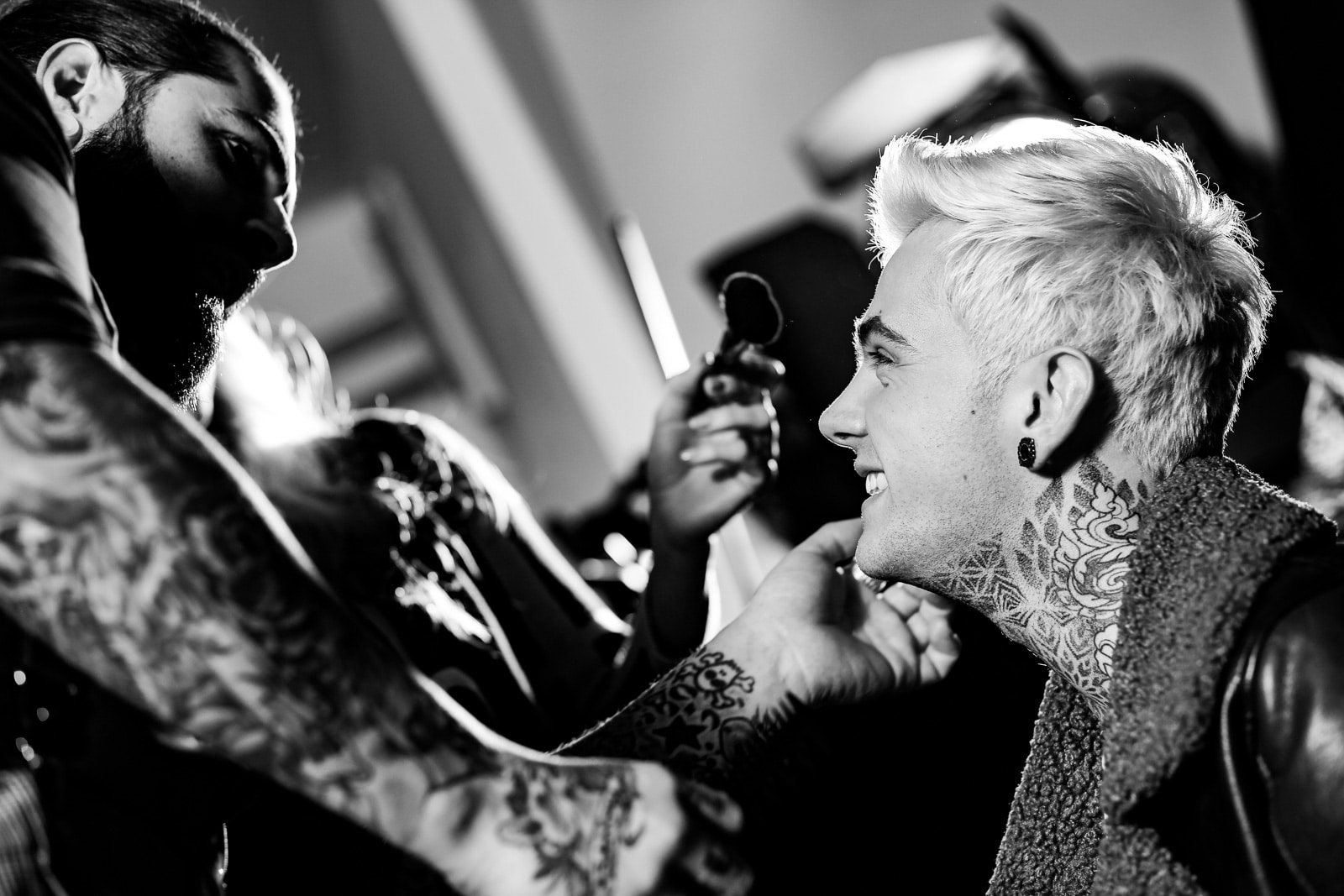
There’s a unique relationship between barber and client – how would you describe it?
Theres two ends of the spectrum. There’s the first time visitor, but already it’s unique: in normal life if I was to touch intimate places on your body, to put my fingers through your hair or touch your ears, or hold a blade to your throat, it would not be acceptable at all but if you just sat in a chair looking into a mirror facing away from me, it’s comfortable and normal. There’s a level of trust in getting into the chair. It’s a nice bit of human interaction, with a conversation that is uninterrupted without someone’s phone going off or your kids talking to you. You’re having a 1-1 conversation which is getting rarer and rarer.
At the other end of the spectrum, when you have long term clients you become really good friends with them. I’ve known people for 20 years and I know everything about them, more about them than their wives. I was there to cut their hair before they went on the first date with their wives. I cut their hair before they proposed, before their stag do, before the wedding, all these big moments in their life, I’ve been there with them, but I’ve never been with them outside of that environment. So they feel comfortable to tell me these things because they know it’s not going to go any further. And they can walk away and leave it – and that’s very similar to therapy. You go and talk to someone you trust, then you walk away and leave it there. But the good thing is there’s no stigma attached to going to a barber’s or hairdresser’s. and the infrastructure is there, they are on every single high street. It’s accessible and affordable to everybody. If people were told they had to see a psychiatrist, there’d be some anxiety there, but if you go have a haircut its not like that.
We don’t train barbers and hairdressers to diagnose someone’s mental health issues, they are just there to recognise if something may be wrong and ask permission if they can talk , and then signpost them to people who may be able to help on a professional level. But hopefully by having this safe space to offload it will help prevent further mental ill health.
What are some of the things you teach the barbers?
For the people with long term clients its about recognise change in your client. If they seem more erratic, have gained or lost a lot of weight, those kind of things, are signs that something may not be going right. And then it’s about giving them space to talk, saying, ‘how are you feeling today?’ personalising it to them. Not necessarily just ‘you alright, mate?’ which is just a greeting which only has a quickfire response – ‘yeah, I’m fine.’
It means not being scared to ask, ‘are you suicidal?’ Because from my personal experience everyone I’ve asked that to, is still alive today. It’s about giving barbers confidence to ask that question because the next stage is listening with empathy and without judgement. Listen to what that person has got to say and not try and fix it, not solve it. That’s not what we’re for, we’re here to give them the chance to talk and offload.
The final bit is we help them create a directory of what resources are available locally and nationally, so they have the confidence to ask these questions because they know whatever happens they know they can pass them on safely to someone, its not all down to them.
A lot of people don’t realise that there were charities for mental health and suicide prevention I didn’t know you could call an ambulance for someone who is suicidal. There’s a lot of awareness that needs to be done but also part of the training is teaching them how to look after their own mental health. We want to create a big community where barbers are looking after one another as well as their clients.
In the five years have you seen a shift in how mental health awareness has developed?
We’re talking about mental health a lot, which is great, but it’s a first layer. We need to teach people how to keep themselves mentally well and how to look after one another, and how to remove the stigma. We all know that with our physical health if we get enough exercise, eat well, get enough sleep, we’ll physically be healthier. There’s a spectrum of physical health conditions like heart attacks and cancer at one end, but also having a bit of a cold and flu at the other. But with mental health the scales are tipped towards depression, suicide, and it’s assumed that everyone else is not affected by it which is nonsense. We all have mental health, and we all have bad days, get disappointed, are let down – we’ve all been through that and we need to realise that’s our mental health working and we need to educate people on it and how to make ourselves feel better away. How to take time out, step away from social media , go for a walk, whatever it may be. That’s the next step.
What are you doing on World Suicide Prevention Day?
We were supposed to be cutting hair in Westminster but obviously we can’t now. But we’re pushing the film, ‘The £1.7 million Haircut’, which is on Amazon Prime. It shows the value of what we do: that haircut saved this guy’s life therefore that haircut saved the economy 1.7 million. Plus all the emotional grief for his family.
So we’ll be doing that and trying to get more barbers and hairdressers on the Barber Talk training course.
Where are you seeing all this going?
I’d love to get the training onto the Hair curriculum and I’m speaking to Health Education England ad the NHS in Devon to trial it down here with the colleges. And the other thing would be to have Lions Barber shops that are safe spaces across the country where people know everyone in there is trained in order to hopefully prevent some serious mental ill health.
Finally do you have any mental health tips that you could share?
Being connected with people – which has been difficult in this time. Help others, which is good for you and for them. Daily exercise. Also meditation and mindfulness – it scares a lot of people but its just about being in the moment. One of the things I found is playing Nintendo Switch with my son. I hadn’t played a computer game for 20 years but playing him at the Mariocart, and being worried about losing to a four and a half year old, just really puts me in that moment. Times like that where you turn your phone off to go see a film, when you are fully engaged and absorbed so you forget all your worries. That kind of thing is really underrated.
Trending

Join The Book of Man
Sign up to our daily newsletters to join the frontline of the revolution in masculinity.




